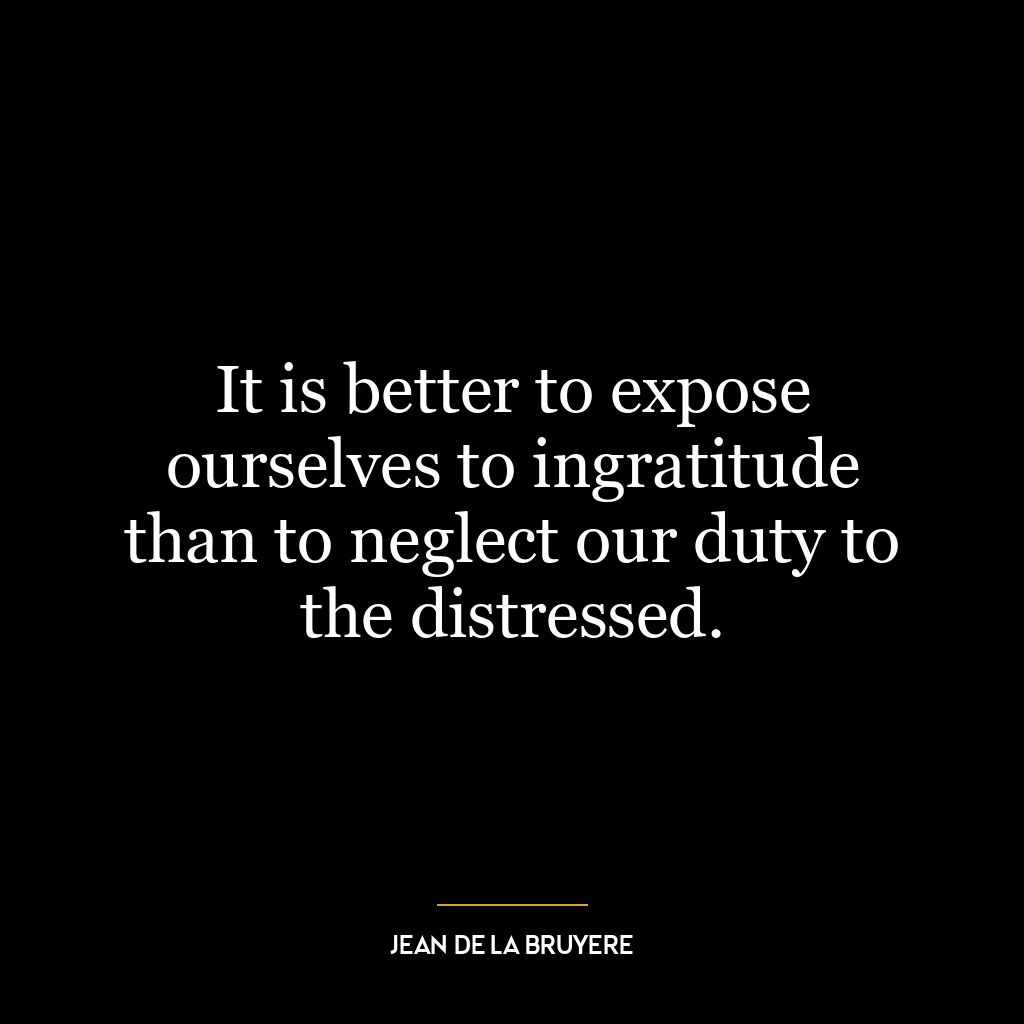If blood be shed, let it be our own. Let us cultivate the calm courage to die without killing.
This quote by Mahatma Gandhi speaks to the philosophy of nonviolence and self-sacrifice. It suggests that if there is a need for bloodshed in the pursuit of justice or freedom, let it be our own rather than others’. The second part of the quote urges us to cultivate a calm courage, which refers to facing adversity with bravery but without resorting to violence or harm towards others.
The essence of this quote lies in its plea for peace and harmony even in times of conflict. It emphasizes on maintaining one’s integrity and humanity, not succumbing to violent means regardless how justifiable the cause may seem. The ‘calm courage’ Gandhi talks about is an inner strength that allows us to face danger or bear pain without resorting to aggression.
In today’s world, this idea has significant relevance as we see numerous conflicts where violence seems like an easy solution but only leads to more suffering. This principle could be applied on both global scale – such as nations resolving conflicts through dialog rather than warfare – and personal level – such as managing personal disputes peacefully.
In terms of personal development, this concept encourages individuals to develop resilience, patience and emotional intelligence. It teaches us self-control in situations where anger or revenge might seem like natural responses. By cultivating ‘calm courage’, one can confront adversities head on while maintaining their moral high ground instead of stooping down into unrequired aggression or violence.
Moreover, it also promotes empathy by urging individuals not only avoid causing harm but also willingly accept suffering if it can prevent harm towards others. This perspective fosters compassion and understanding which are crucial traits for building healthy relationships both personally and professionally.
Thus Gandhi’s words remind us that real strength lies not in overpowering others but having control over oneself – a message that holds profound wisdom even today.









